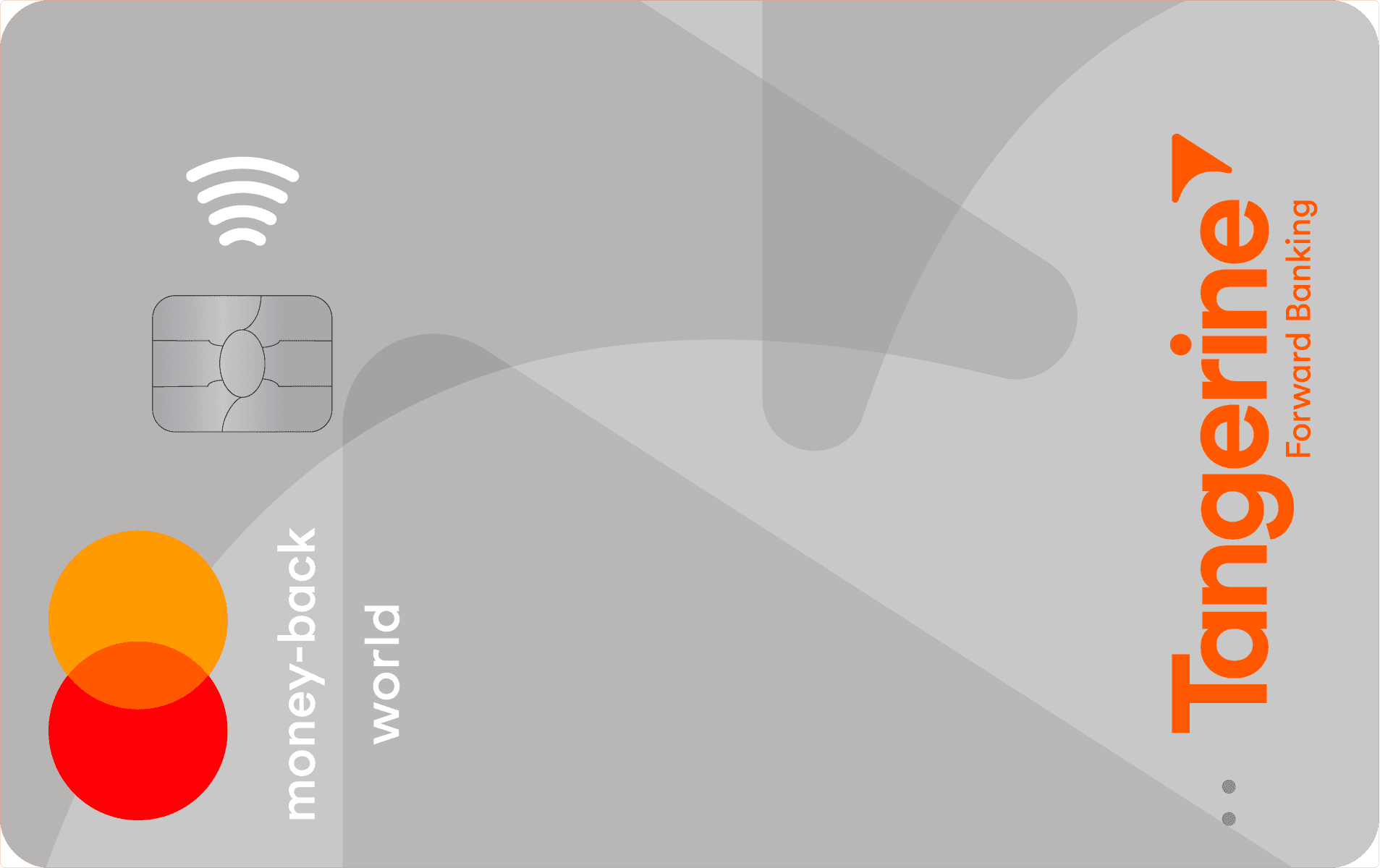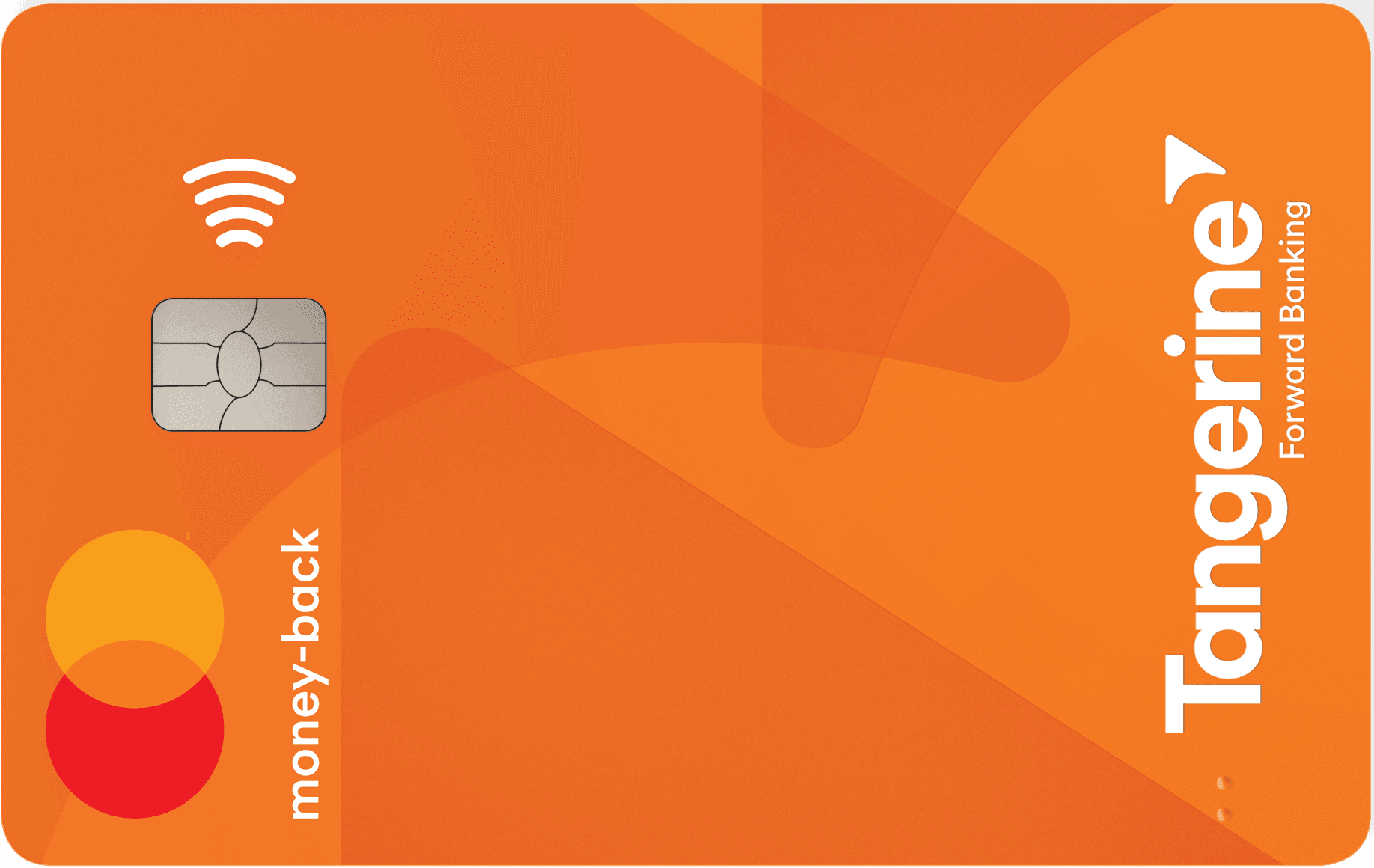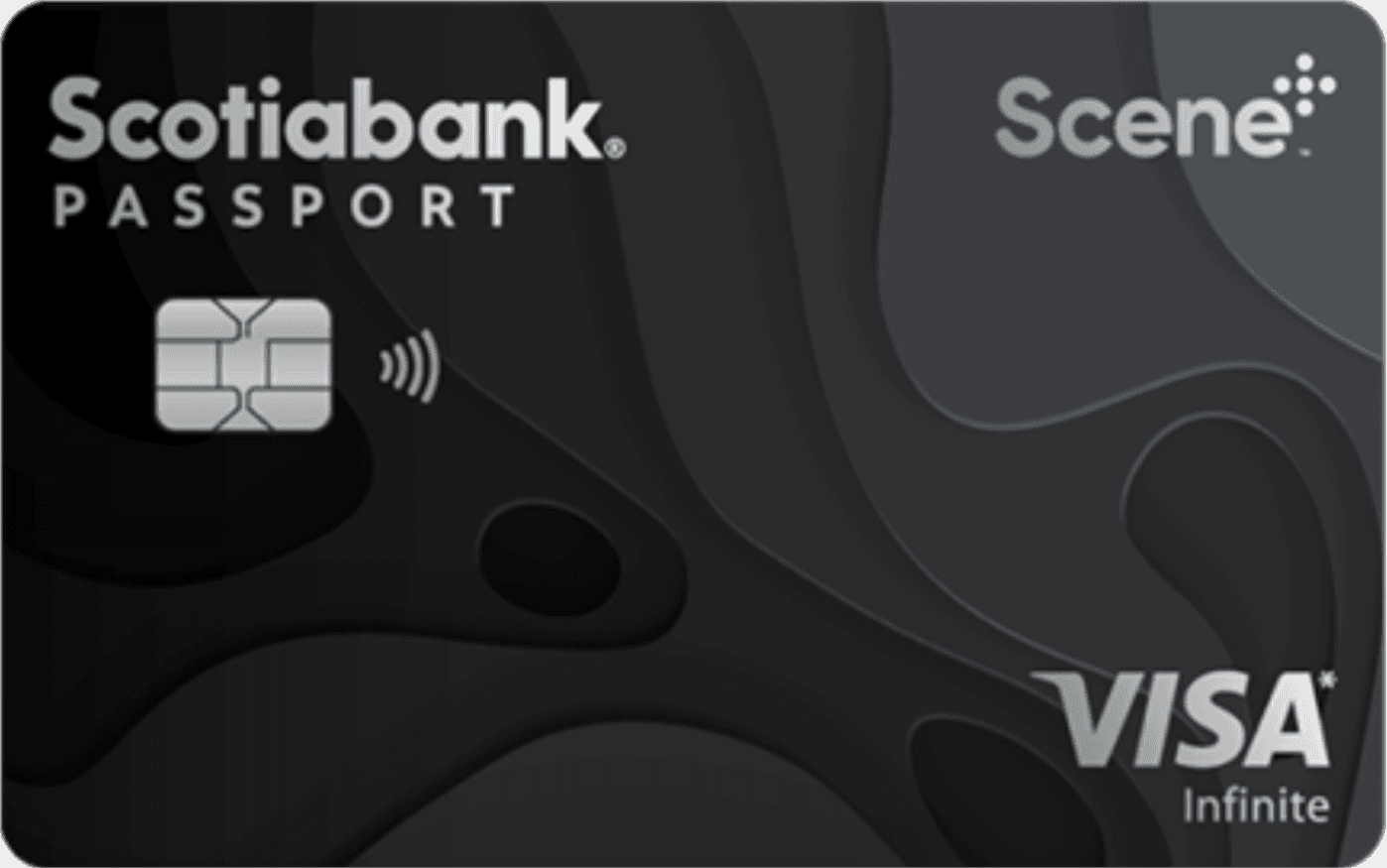Working hard in the background...
Can You Cash a Cheque at Any Bank in Canada?
Published Nov 23, 2025 12:03 PM • 4 min read
Today, paper cheques are not as common as online e-transfers or direct deposits. However, they still exist, and you may receive one from time to time. If you do, you might be curious about what to do with it, especially if you don’t have an account at the issuing bank.
In this article, we’ll review where you can cash a cheque, what fees to expect, and the security measures that come with it.
Can You Cash a Cheque at Any Bank in Canada?
The short answer to this question is: not always.
In Canada, most banks only cash cheques for their own customers. Or, in the case that it’s from the same institution, the bank may cash the cheque for the recipient.
Banks are not legally required to cash a cheque for someone who doesn’t have an account with them. This means that if a bank does agree to accept the cheque, non-customers may face a longer holding period or additional fees. That is, if the bank accepts the cheque at all.
There is one major exception to this. Under federal law, all banks must cash Government of Canada cheques in the amount of $1,750 or less. This must be done free of charge, even if you aren’t a customer. The one requirement in this case is that you must present a valid piece of identification.
Canadian Banks That Will Cash a Cheque for Non-Customers
Some Canadian banks will cash cheques that were issued by their own institution, regardless of whether the person cashing the cheque has an account with the bank, but there’s no guarantee.
To improve your chances, head to one of the “Big Six” Canadian banks. This includes RBC, TD, Scotiabank, CIBC, BMO and National Bank. Also, be sure you have a valid government-issued photo ID and make sure that it matches the name on the cheque, middle-name and all.
It’s important to know that each institution will have its own policy surrounding procedure and fees. For example, one bank may charge an extra processing fee, while another might require in-person verification. In many cases, the bank will verify the signature on the cheque and contact the issuing bank before releasing the funds.
You usually cannot cash a third-party cheque at a random bank, though. Because these types of cheques have someone else’s name on them, the bank would face a higher risk of fraud by accepting them. To prevent this, most banks refuse to accept them.
Tip: To avoid surprises, call ahead and confirm the branch’s policy, asking questions about how it may apply to your specific situation.
What You’ll Need to Cash a Cheque
In order to cash a cheque in Canada, you will need to provide the bank or credit union with two things:
- The cheque, made out in your name
- Valid government-issued photo ID (driver's license, passport or provincial ID card)
If you have a joint or business cheque, then you will likely need additional documentation. For example, the bank may ask you for proof of signing authority or other legal documentation.
Cheque Holds and Clearance Times
Even if a bank agrees to cash your cheque, it also reserves the right to verify its authenticity. The institution may even place a hold on it while it clears. This means that the majority of your funds are not available immediately. Instead, you will need to wait until the bank successfully confirms the transfer from the issuer’s account.
By law, though, financial institutions must provide you with the first $100 of your cheque immediately, provided that you made the deposit in person. If you made the deposit using an ATM or mobile banking app, then the first $100 will be accessible to you on the following business day. Banks can, however, place a hold on any amount above the first $100.
Typically, in Canada, the standard hold time varies, with the exact length depending on the size of the cheque, your account history and the source of the funds. For example, if your cheque is from another Canadian institution, then it will likely have a faster processing time than if it originated from a foreign one. Larger cheque amounts may also have a longer verification time. The exception is government cheques, which often become available faster. By law, federally regulated institutions, like the major banks, can only hold your money for a maximum of 4 to 8 days, with exceptions.
If you have a post-dated cheque, then the bank can not process it until on or after that date. In that case, the institution will hold the funds until the applicable date.
Fees for Cashing Cheques
Cashing a cheque may or may not be free. If you don’t have an account at the bank where the cheque originated, then you will likely get hit with an additional fee. Major banks in Canada can charge between $5 and $10 for non-customers. Oftentimes, financial institutions will waive the fee for government-issued cheques though.
Takeaway
You likely can’t cash a cheque at just any bank, but it depends on where you have an account and where the cheque came from. Banks tend to prioritize customers, but government cheques are an exception.
If you consistently rely on cheques, consider opening a no-deposit fee account at a CDIC-insured bank or provincially insured credit union. Also, consider direct deposit or mobile banking as secure alternatives.
Ultimately, knowing your options ensures you get your money safely, without unnecessary fees or delays.
Frequently Asked Questions
Not always, unless the cheque is from that same bank. Even then, you’ll need valid ID and you may be required to pay a fee. The exception is with government cheques, which the bank must accept free of charge if it is for under $1,750 and accompanied by proper ID.
Yes. Under federal law, banks must cash Government of Canada cheques under $1,750 for no additional charge, provided that you have valid identification.
It can take up to 8 days for a cheque to clear in Canada. The exact timeframe will depend on the cheque type, amount, and banking history.
If you sign the back of the cheque, the bank may accept it. Though not all will, as doing so comes with additional risks.
It is often better to deposit a cheque than to cash it. Not only is it more convenient, but there are lower fees associated with a cheque deposit. Depositing a cheque also carries less risk of fraud by allowing the bank time to verify the funds.
You can try, but you’ll likely need to deposit the cheque rather than cash it, as there are extra steps required. The Government of Canada outlines that banks typically hold foreign cheques for up to 30 days.
Trending Offers

Tangerine® Money-Back World Mastercard®*

Tangerine Money-Back Mastercard

BMO Performance Chequing Account

Scotiabank Passport® Visa Infinite* Card
About the author

Lauren Brown
Editor
Lauren is a freelance copywriter with over a decade of experience in wealth management and financial planning. She has a Bachelor of Business Administration degree in finance and is a CFA charterholde...
SEE FULL BIOAbout the editor

Sara Skodak
Lead Writer
Since graduating from the University of Western Ontario, Sara has built a diverse writing portfolio, covering topics in the travel, business, and wellness sectors. As a self-started freelance content ...
SEE FULL BIOAbout the reviewer

Abid Salahi
Credit Card Expert
Abid leads the design and engineering of the FinlyWealth website, making sure everything runs smoothly and looks great. He’s a seasoned software engineer who follows best practices and designs interfa...
SEE FULL BIO